CONCURRENT SESSIONS
DEEP DIVE 1
Thursday 30 May 2024
Beyond the rhetoric of ‘capability’ in workforce reform
Transforming all education systems to embrace inclusive education needs to take into account the complexities of implementing numerous reforms and priorities at both national and state levels.
This presentation explores the status of achievements in the Victorian public education system towards inclusive education beyond a narrow view of inclusion associated with disability, towards one about equity. In addition to improved outcomes for students with disability, reforms have also targeted mental health, behaviour, and broader wellbeing workforces to directly deliver supports to school staff to guide their practice change to impact all students.
From centralised coordination to regional implementation, and the provision of in-school practitioners, the presentation describes the common and bespoke elements which have helped to improve capability in these workforces and in schools. But this has not been without challenges, which the presentation will not hide away from describing so that other states and territories, as well as catholic and independent school systems, can benefit. It is only through sharing these practical experiences that all Australian education systems can work towards meeting the expectation of recommendation 7.8 of the Disability Royal Commission for improved workforce capabilities, expertise, and development.
Our school journey to a place of wellbeing and inclusion
Our learning journey over the past ten years has enabled us to accumulate knowledge, partnerships, success stories, and most importantly – a very strong understanding of what works and what doesn’t work.
Things we know for sure: Student and family identity is expressed through language and culture and is fundamental to wellbeing. Students who feel safe and strong are in a better position to learn. We can only succeed with Bininj and Balanda working together.
Peer Mentoring: A pathway to inclusivity, engagement and wellbeing
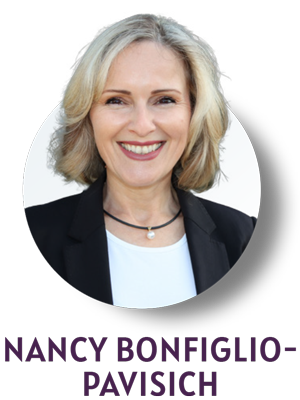
Nancy Bonfiglio-Pavisich is a Leadership and Quality Teacher Consultant. With a focus on leadership,
change management, induction, mentoring, and coaching, Nancy has worked with leaders,
consultants, corporate clients, teachers, mentors, and coaches to grow and develop them personally
and professionally. She has researched, designed, implemented, and evaluated system,
organisational, team, and individual programs across Catholic, Government and Independent
Schools. Nancy has a Ph.D. in Mentoring, a Master’s Degree in Educational Leadership, and
qualifications in Business Management and Strategy, Neuro leadership, as well as Training and
Assessment. With extensive experience as a senior leader in schools, Nancy is also a Lifestyles and
Group Styles Inventory, DISC, EQI.20., Print and Educator Impact facilitator. Currently, Nancy
lectures in Leadership and Education at Edith Cowan University, is a Sessional Tutor for the
University of Notre Dame and also shares her expertise in leadership as a facilitator of the Australian
Institute of Management MBA program. She is also qualified as a Life Coach. With a passion for
growing and developing individuals and teams, Nancy’s leadership and teaching and learning
practices are underpinned by evidence-based research and are documented in various professional
and non-professional journals. Nancy was the recipient of the New Voice Scholarship Award (2020).
In 2021, Nancy was recognised by ACELWA with a Certificate of Excellence in Educational Leadership,
and in 2022, Nancy was awarded a Post Graduate Award from the Western Australian Institute for
Educational Research. Nancy was also awarded the ACEL Fellowship Award in 2022
Mentoring Matters. What if we could develop a generation of students who could support and grow their peers in a way that is respectful, meaningful, and insightful? What if… this generation of students could foster a psychologically safe school culture that is bounded by inclusivity, engagement, and well-being? The presentation seeks to share the journey of a collaborative project between The University of Western Australia (UWA) and four government secondary colleges in Western Australia designed to support Years 7 and 8 students with Attention-deficit/hyperactivity disorder (ADHD) and Autism via a cross-peer mentoring program.
Inclusion from the outset: challenges and strategies for inclusive early learning in Australia
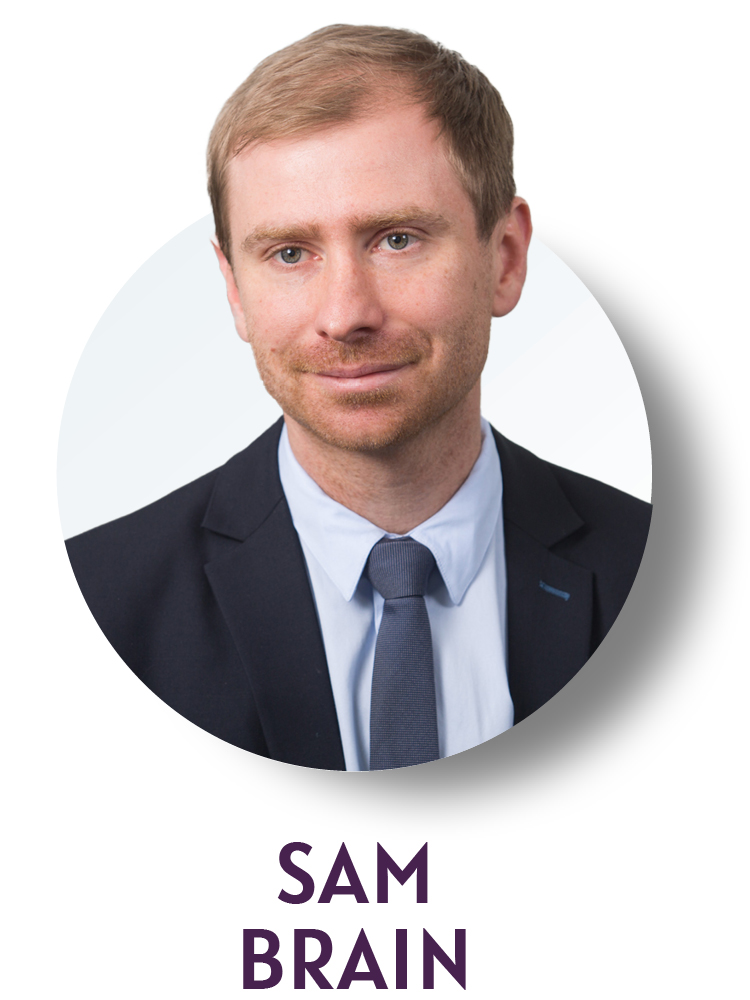
Sam Brain leads Deloitte Access Economics’ work in inclusive education and is a national expert in inclusive education policy. His work has focused predominantly on inclusion in a schooling context, while extending at times to cover early learning and the training sector.
He specialises in supporting governments to set goals to progressively realise inclusive education and develop structures to achieve them. Sam’s work has led to improvements in system design, service delivery and financing at the federal level and in Victoria, Queensland, South Australia and the ACT.
With over a decade’s experience in public policy design and evaluation, he applies a range of economic and public policy frameworks to education issues. He draws on an extensive professional network of experts in disability, inclusive education and teaching practice.
As part of his participation in the Inclusion and Disability conference, Sam is hoping to share his insights into the adequacy of the current national framework for students with disability and learn from school leaders the challenges they face and opportunities they see to adopt inclusive education for all students.
In Australia, the inclusion of children with disability in early learning settings faces challenges due to an evolving policy environment, a lack of consistent data, and a complex framework of governance involving both federal and state levels.
This presentation explores these challenges using an ecological systems approach, highlighting the impact of policies and practices on the inclusivity of early learning environments.
It highlights the need for a cohesive strategy that promotes effective practice, embeds genuine accountability at multiple points and fosters a shared vision of inclusion. By examining the current landscape within an ecological framework, this presentation will outline actionable pathways towards a more integrated, inclusive, and effective early childhood education system.
Implementing PBL in a remote College context through culturally-safe practice in a first nations community: improving outcomes for all students
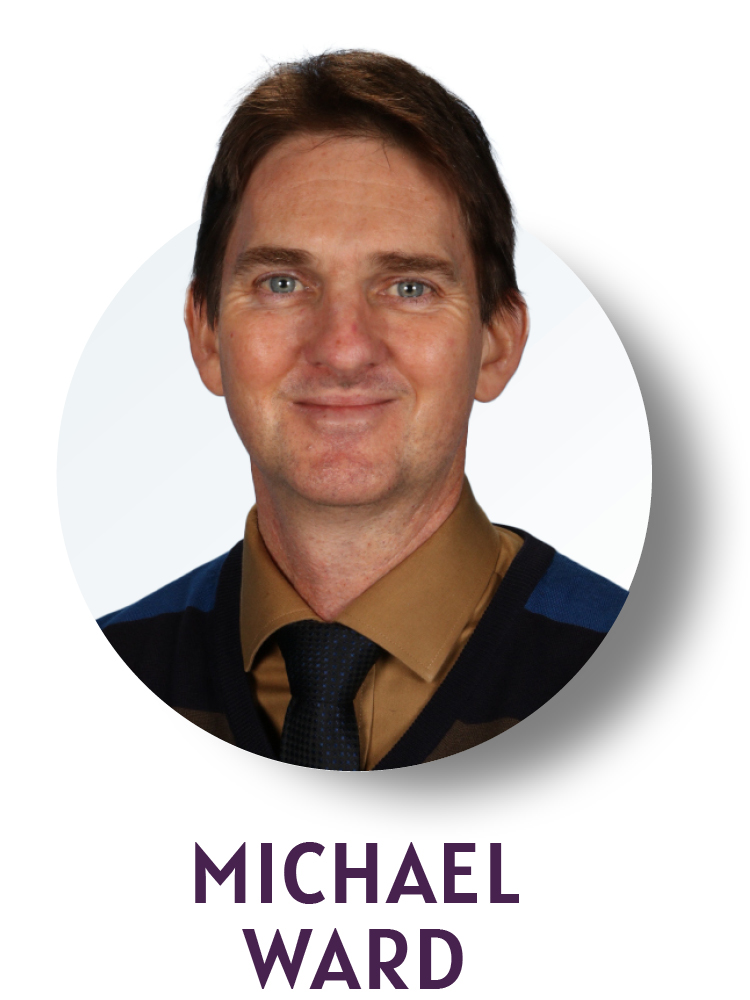
Michael Ward is the Executive Principal of Tagai State College, a unique K-12 school of 17 island campuses located across the beautiful Torres and Endeavour Straits. He travels by chopper, ferry and light aircraft most weeks. Michael’s diverse experience as a principal has included almost every type, location and size of school in Queensland. His leadership interests include First Nations education, the Arts, inclusive education reform, languages, leadership capability and culture change. Michael completed an M.Ed. (Inclusive Education) through a Department of Education scholarship in 2021 with Distinction, and has used some of his research papers to publish in professional journals. He has held his current position since November 2021. Michael is an accomplished musician trained to a professional standard, affiliated with the Australian College of Music. His other interests include gardening, semi self-sufficiency, travel and current affairs.
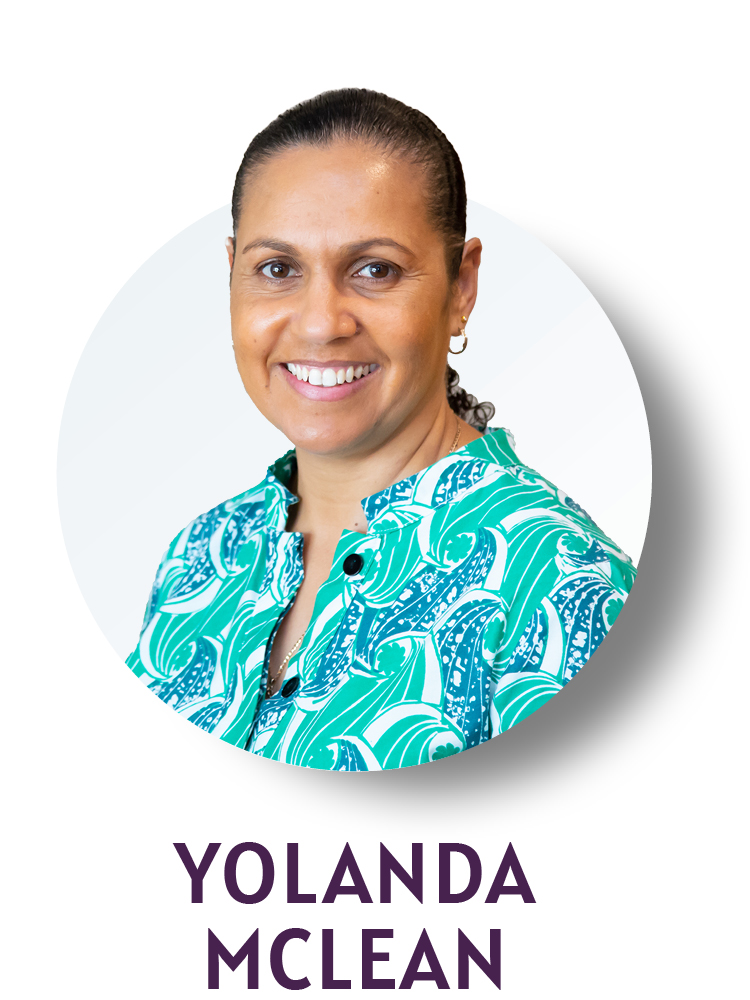
Yolanda McLean a proud Aboriginal and Torres Strait Island woman, has devoted her life to teaching and leadership, leaving an indelible mark on the educational landscape of remote communities. Born in Townsville, Yolanda embarked on a journey that would take her from urban centres to the heart of remote Aboriginal and Torres Strait Islander communities. After navigating personal challenges and pursuing her own education, Yolanda's path led her back to the Torres Strait, where she found a compelling opportunity to effect systemic change in education delivery for Indigenous students. At Tagai State College, she emerged as an influential figure, spearheading transformative initiatives to address educational disparities and empower Aboriginal and Torres Strait Islander youth. Yolanda's dedication to excellence extends beyond the realm of education. A passionate athlete, she has represented her state and nation in various competitive sports, embodying determination and drive both on and off the field.
The umbrella term Positive Culture for Learning is used to encapsulate the 7 Essential Features of PBL, Classroom PBL, Trauma-informed practice, Social Emotional Learning to systematically, and through a steady lens of culturally-safe practice, build the consistent implementation of positive behaviour systems across a College of 17 campuses over 49000 kms in the Torres Strait.
Tagai State College have undertaken a journey of PBL revitalisation by using data-informed decision-making, system design and implementation with expert consultation with Dr Tim Lewis and the team from Rypple.
With intent, we have used context-specific challenges and reframed these into strengths:
- Utilising on our teams familiarity with online engagement to drive consistent practice
- Working with local staff to build a sustainable coaching team
- Connecting PBL implementation to students home language and elements of cultural practice
DEEP DIVE 2
Leveraging partnerships and networks to benefit students and staff
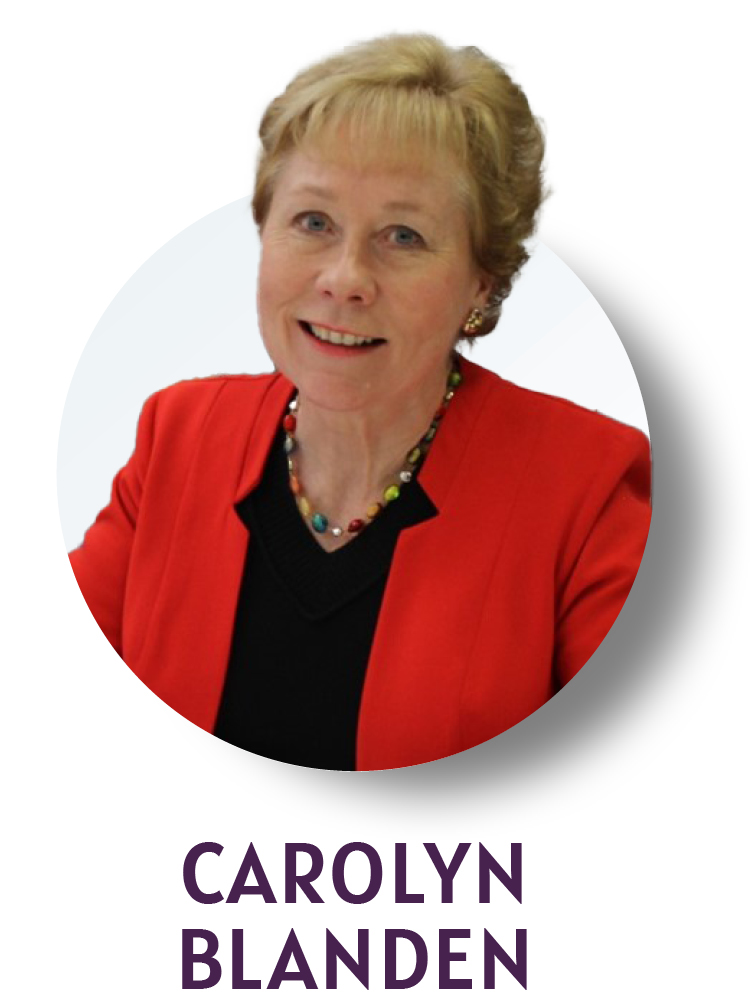
Carolyn has worked in the government and independent school sectors and has 20 years’ experience as a Principal in a diversity of schools. She is particularly interested in innovative ways to address the needs of disadvantaged students to break the cycle of welfare dependence, enhance students’ wellbeing and self-confidence and support them into employment or further education.
Carolyn is one of four 2022 recipients of the Menzies Foundation School Leader Fellowship which enabled her to visit schools in the UK and attend the 2023 Harvard Graduate Education program “Achieving Excellence in School Leadership”.
Carolyn and Nick will focus their presentation on the partnership between Katherine High School NT and Warakirri College an independent Special Assistance School in western Sydney. The presentation will explore mutually beneficial partnerships that support aboriginal students and young people with mental health challenges and social disadvantage.
This presentation will illustrate the processes for developing mutually beneficial partnerships that enrich both school communities and offer experiences and opportunities beyond those that a single school could provide.
Students broaden their perspectives by connecting with students from another school and learning first-hand about the daily lives of others in disparate communities. New role models and broadened horizons raise students’ aspirations as their horizons expand.
Staff extend their professional experience and develop additional expertise through mutual sharing of strategies and resources.
Schools share expertise around Administration, behaviour management, parent / community interactions, ICT solutions, funding maximisation and resourcing. Partnerships strengthen both schools – everyone benefits.
This presentation will draw illustrations from the partnership between Katherine High School in the NT and Warakirri College, a special assistance school in western Sydney.
Listening Matters: A Framework for Listening to Children in Educational Settings
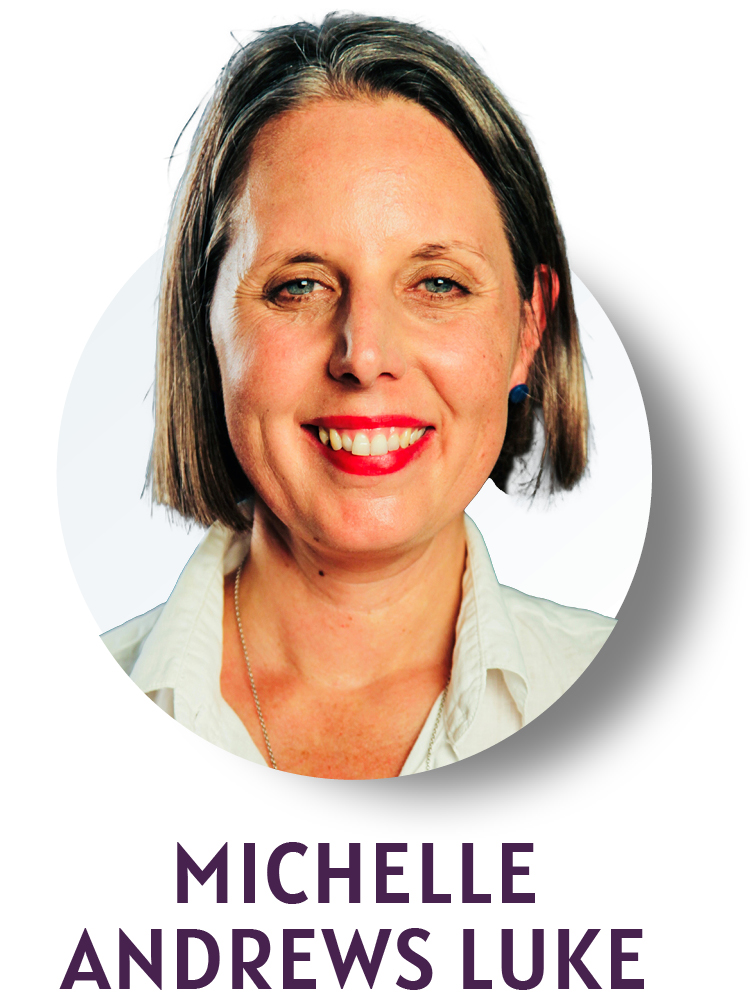
Dr Michelle Andrews Luke is an academic at the Faculty of Education, University of Melbourne, and a practicing educational and developmental psychologist at St Margaret's Berwick Grammar (SMBG). With over two decades of experience in educational settings and private practice, Michelle’s research explores the links between strong relationships, active listening, and child mental health, highlighting the crucial importance of listening to children. Michelle serves as the Secretary of the Australian Psychological Society (APS) National Positive Psychology Interest Group and is a Fellow of the APS College of Educational and Developmental Psychologists. At SMBG, Michelle has led the co-design and delivery of a whole-school mental health strategy, earning an Excellence Award for Best Student Wellbeing Program at the 2023 Australian Education Awards. Michelle is dedicated to helping children and young people feel seen, heard, and valued so that they can live happy and healthy lives.
Over the past decade, there has been an increase in mental health challenges among Australian children and young people. This presentation will emphasise the vital role of active listening in nurturing the mental health and wellbeing of children. Recognising the important role of educational settings in supporting children's mental health, this session will explore how to cultivate environments that prioritise listening to children. To illustrate how these strategies can be put into practice, a case study from a school setting will be shared. By highlighting the practical steps taken in this initiative, this presentation will provide a framework for listening to children within educational environments.
"I hate maths but I love Singapore maths." A primary teacher's Case Study of supporting Year 7 students with learning difficulties.
In this presentation, I will be discussing a case study of my Year 7 Maths class. In addressing the learning difficulties such as Dyslexia, Dyscalculia, ADHD and other Developmental Language Disorders in my class, I drew on my primary teaching experience to instruct the students at point of needs. The intervention lessons were drawn on Singapore Maths pedagogy sequences of Metacognition, Processes, Concepts, Skills and Attitudes. The rationale behind my intervention and lesson content was based on the learning from the content of the Dyscalculia Association UK. The rationale for modifying the post assessment task for these students was to boost their understanding of Algebra. By breaking Algebra down into the fundamental of number sense, the students were able to understand that the part of mathematics in which letters and other general symbols were used to represent numbers and quantities in formulae and equations.
Linking a whole school approach to wellbeing and how it promotes inclusive learning environments
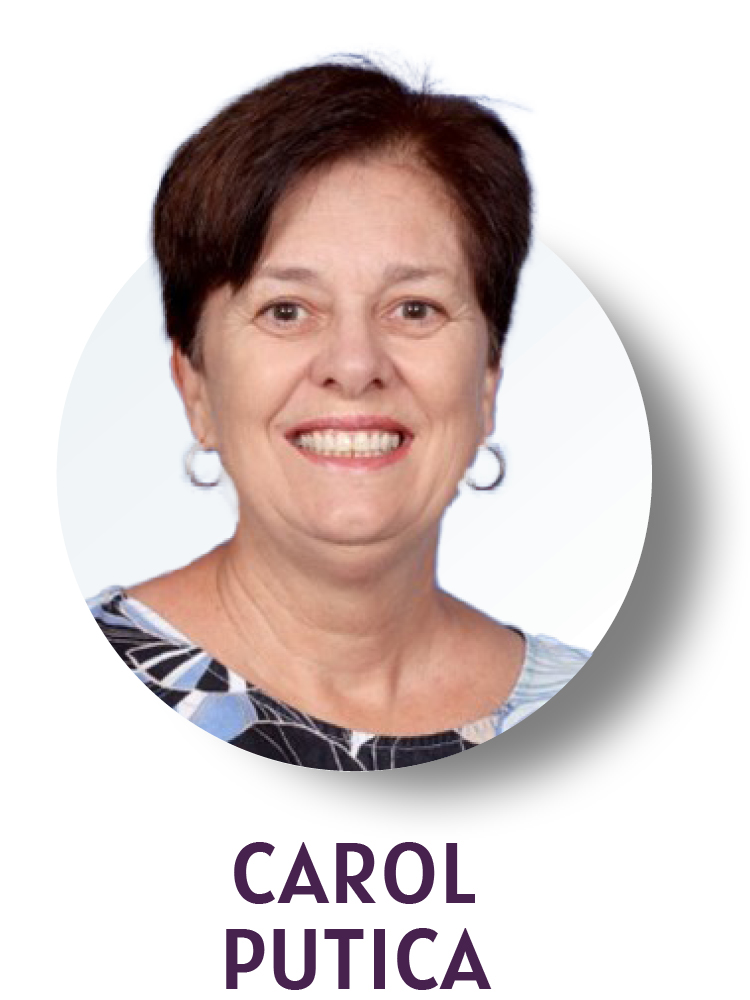
I graduated from CDU receiving the top award in education, Recognising Excellence in All Aspects of the Course and also received the Australian Association of Special Education (NT) Award. I am a passionate educator who champions equity in education and the right of every child to an education that supports them towards a life full of opportunity and choice.
My leadership journey started at Wagaman Primary School, where I strongly believed in the importance of fostering positive wellbeing in education. I was part of the action team that launched a mental health program across the school (KidsMatter). Additionally, I had the privilege of contributing to the development of an online professional learning package that was implemented nationwide.
Later, when I became the Principal of Ludmilla Primary and KidsMatter had rebranded as Be You. Our school was recognised as an exemplary Be You school, leading the way in promoting positive wellbeing for our students, staff, and community.
One of the highlights of my career was being awarded the Principal of the Year for the Darwin region and overall winner for the Northern Territory in 2023.
As the Principal of Ludmilla Primary, I have made it a priority to establish partnerships that support and enrich our students. These partnerships have clear benefits for both learning and wellbeing, creating a joyful learning environment.
What I am most proud of is contributing to the creation of a happy school environment. At our school, every child is known and celebrated with everyone working together to build a sense of community and belonging. Further every staff member is seen as a leader with their professional development being a priority and with everyone’s voice being heard and part of all decisions.
This session will explore how a whole school approach to wellbeing can create an inclusive learning environment that supports every learner. It will demonstrate how to create an expert teaching team that is skilled at differentiation at a whole class and group level. The presentation will explore how to create a strength based inclusive environment that is culturally responsive and amplifies the importance of culture within the school. The session will also highlight the importance of working in partnership with our families and local community to ensure that students go on to lead empowered lives full of choice and opportunity.
What would you like to say matters in implementing the recommendations of the Disability Royal Commission on inclusive education?
The Disability Royal Commission handed down its final report in September 2023. Implementation teams across the Commonwealth and State governments are sifting through the recommendations and devising a response that will be instrumental in education policy in the coming decades.
This workshop will provide a voice for educators to pass a message to DRC implementation teams on what matters to them in creating an inclusive education system. Structured as a free-thinking and free-speaking forum, this workshop will provide attendees an opportunity to give their voice to questions such as;
- Do the DRC recommendations fully capture what is needed to create a disability inclusive education? If not, what is missing?
- What are the key barriers that educators see will need to be overcome to make an inclusive education a realty?
- What is left undone and needs continued work?
Facilitated by Dr Scott Avery, a Conference Keynote speaker and Professor in Indigenous Disability Health and Wellbeing at UTS, the key themes of this forum will be written up as Conference proceedings and made available as resource for post-DRC inclusive education reform.